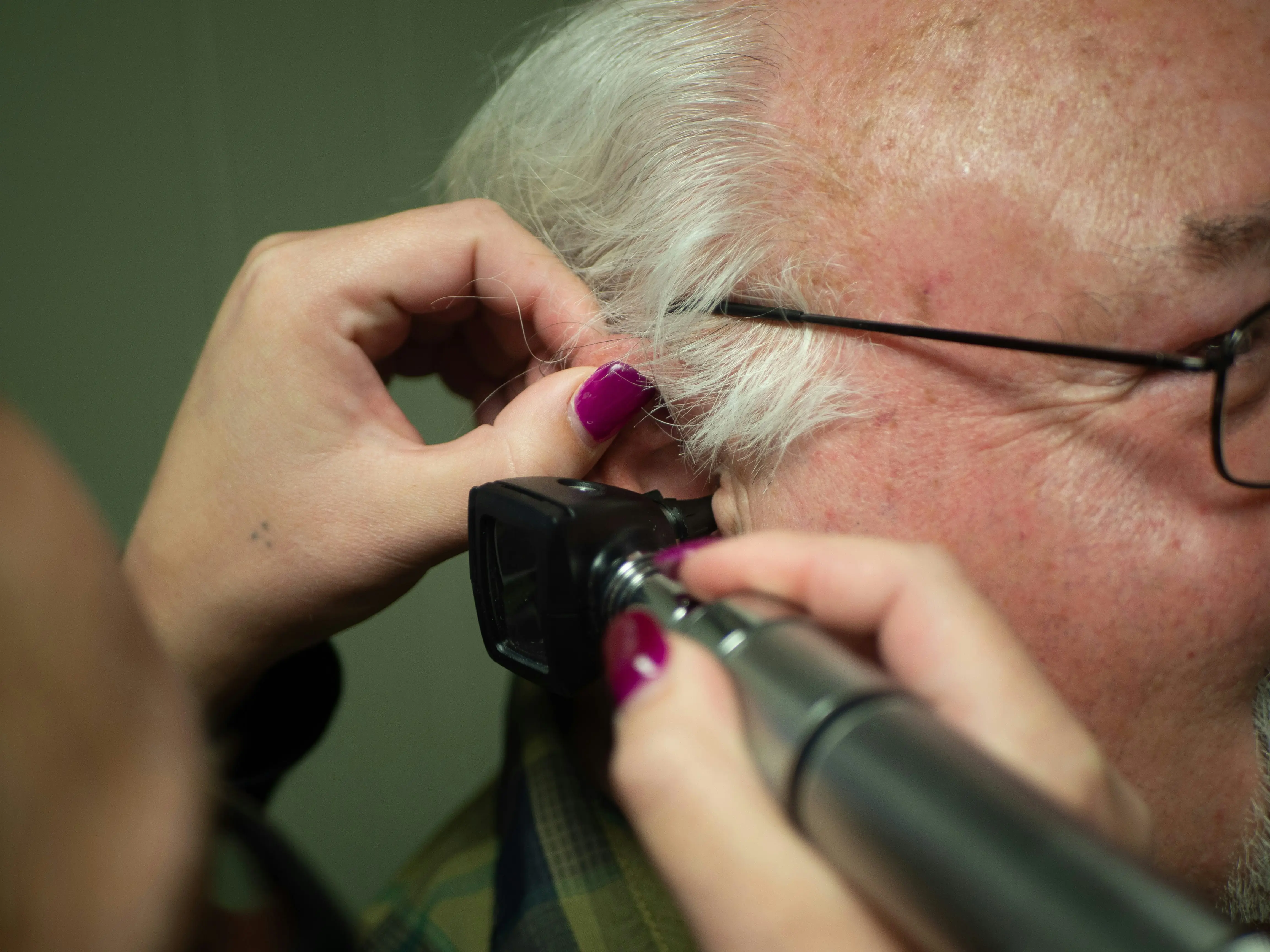World-First Trial Approved to Restore Hearing With Regenerative Cells

In what could mark a revolutionary breakthrough in the treatment of hearing loss, Rinri Therapeutics, a spinout from the University of Sheffield, has received approval to begin the first-in-human clinical trial using regenerative cell therapy for sensorineural hearing loss (SNHL) — the most common form of permanent deafness worldwide.
This cutting-edge trial will test a regenerative technique designed to restore the auditory nerve using stem cell-derived neurons, potentially reversing hearing loss rather than merely amplifying sound through devices like hearing aids or cochlear implants.
“We are entering an era where hearing loss is no longer a lifelong sentence,” said Professor Marcelo Rivolta, co-founder of Rinri and a pioneer in stem cell therapies for auditory disorders. “This is about replacing lost neurons, restoring natural hearing, and improving lives.”
Sensorineural hearing loss occurs when hair cells or auditory neurons are damaged — usually by aging, noise exposure, or toxins — and do not regenerate. Until now, treatment has focused solely on management, not repair. Rinri’s approach injects lab-grown auditory neurons directly into the cochlea, where they are expected to form new connections with hair cells, re-establishing the electrical signals essential for hearing.
If successful, this therapy could reshape the future for over 430 million people globally living with disabling hearing loss, many of whom are children or older adults.
The therapy has already shown promising results in animal studies, where treated subjects exhibited restored auditory function. With the green light for human testing, the clinical phase will evaluate safety, integration, and functional improvement in a small group of patients.
This trial doesn’t just represent a milestone in hearing research — it’s a flagship moment for regenerative medicine itself.
I believe this story should not be buried in scientific circles. It’s a beacon of what science can do when cutting-edge biology, compassionate medicine, and human perseverance come together. If Rinri’s trial succeeds, we might not just be treating deafness — we might be undoing it.